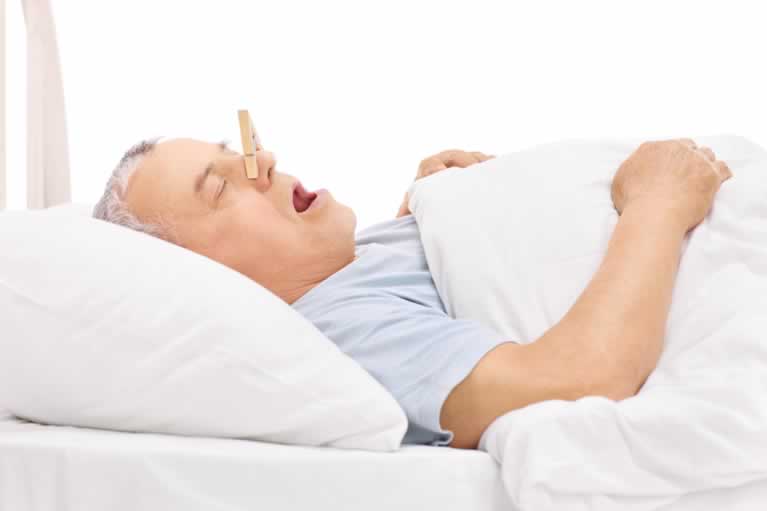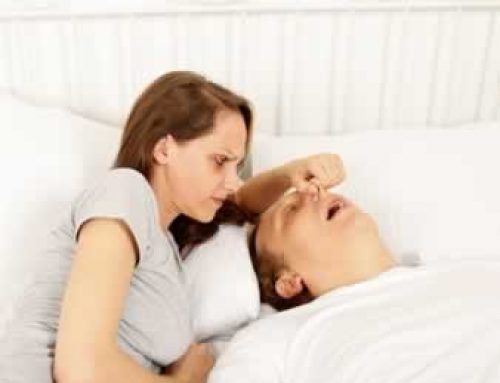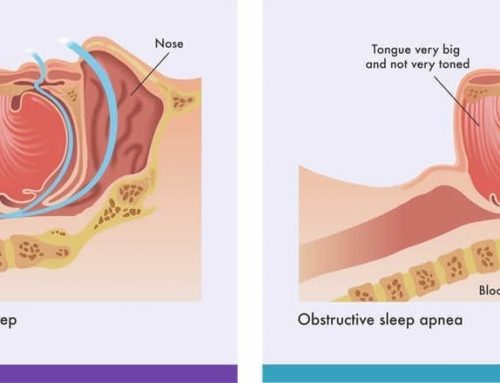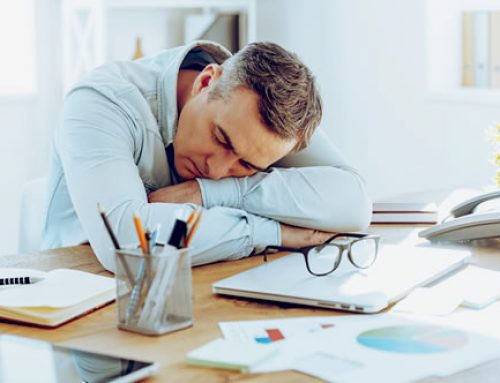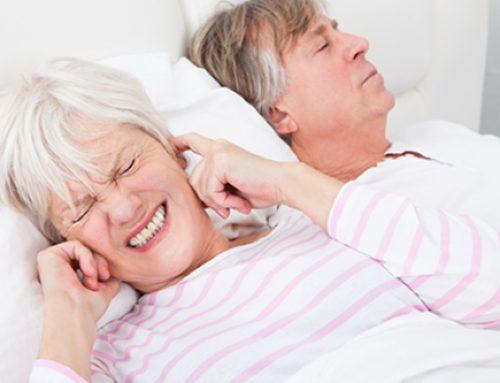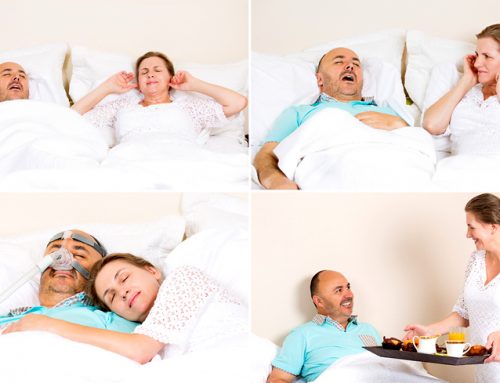How to Tell if Your Snoring is Normal
About half of adults snore occasionally. About 25% snore chronically. The older you get, the more common snoring becomes. Snoring can be annoying to you as the snorer, but most often it’s your sleep partner that has their sleep interrupted by the sound and finds it irritating. You see, snoring robs both of you of sleep.
Is my snoring normal or is it a sign of sleep apnea?
The most important thing to understand is that not everyone who snores has sleep apnea and not everyone who has sleep apnea snores. Snoring is only one possible symptom of sleep apnea. The best way to tell the difference between normal snoring and a more serious case of sleep apnea is with a home sleep test.
The next best way to tell if your snoring is normal or if you have sleep apnea is to think about how you feel during the day. Sleep apnea causes you to feel extremely fatigued or sleepy during the day. You might also find that you wake up with a headache, have memory or concentration problems, or feel unusually irritable or depressed. Normal snoring doesn’t interfere with the quality of your sleep as much as sleep apnea does, so you may just feel a little tired occasionally.
50% of those with sleep apnea snore heavily
What is sleep apnea?
Sleep apnea is a serious sleep disorder that affects an estimated 6% of Americans. It is characterized by long pauses in breathing or shallow breathing while asleep. Each pause is known as an apnea episode, and in severe cases can last up for a few minutes. Shallow breathing episodes are known as hypopnea and often occur in between apnea episodes. People who have sleep apnea stop breathing hundreds of times while they are sleeping, depriving their brain and body of much-needed oxygen. Sleep apnea can be extremely severe and can cause other major health issues to develop.
2-4% of the American population suffers from apnea without a diagnosis.
Best sleeping position for snoring;
Sleeping on your side (left or right)
- Reduces snoring by elongating your spine.
- Your airway is more stable and less likely to collapse or restrict air.
- 57% of people naturally fall asleep this way or sleep in this position. (right side)
Some people may also find that sleeping on their stomach works for them, though this tends to be hard on the back for many people.
Be a sleep apnea detective
Record yourself sleeping or ask your sleep partner to keep track of your snoring, noting how loud and frequent it is, and if you’re gasping, choking, or making other unusual sounds. If the recording indicates any of these problems, you need to get tested right away for sleep apnea – schedule an appointment with your physician to order a home sleep test with Vitalistics.
Sleep apnea can be a potentially dangerous disorder. With Vitalistics, you can get an official diagnosis of sleep apnea without leaving home. We’re here to make getting insights into your snoring and sleep problems easy!

